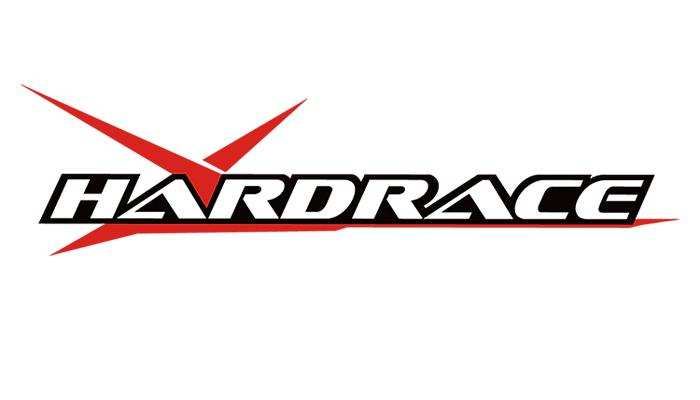Forge Intercooler for Audi RSQ3 (F3)
Forge Intercooler for Audi RSQ3 (F3)
Share this product
Couldn't load pickup availability
Your payment information is processed securely. We do not store credit card details nor have access to your credit card information.
Description
- Hand fabricated in the UK
- Simple installation
- Gains up to 24BHP
- 35°C temperature drop
- 16 litre volume
- 640mm x 250mm x 100mm
- Genuine OEM crash bar supplied
- Guaranteed for life
With our vast experience developing intercoolers for the last three generations of Audi RS3, we at Forge Motorsport have now used this experience and data to create a class leading intercooler for the Audi RSQ3 F3.
FMINT38 builds on our reputation for delivering cores that offer real-world increases in power and temperature drops. Due to the RSQ3 using the legendary 2.5 TSFI engine used in the RS3 we knew that our intercooler design for that vehicle would work perfectly well on the RSQ3, however there are differences behind the bumper, so we have modified this kit to fit the F3 chassis perfectly.
The core used for FMINT38 is a huge 640x250x100 and of bar and plate design. This gives it a huge 55% more surface area than OEM cooler, and an even more impressive 94% more volume (8.2 litres increased to 16l litres). The end tanks are made with integrated pipes in order to retain the stock boost hoses, though you can also replace the hoses with our FMKT024 boost hose set if you so wish. Just like on the 8V chassis, we supply a genuine Audi RSQ crash bar which we modify in house in order to accept the new larger core, then finish both the crash bar and core in our standard black finish powder coat for maximum longevity.
Why do we test different cores?
Here at Forge Motorsport, when developing an intercooler, we will test several different cores for each application. For example, a bar and plate style core, a tube and fin style core along with different fin pitches and heights i.e. 22 ,17 or 12 fins per inch as well as changing the internal fin pitches/shapes and density within the tube enabling to fine tune the amount of pressure drop the intercooler produces.
Pressure drop is not always a bad thing, as our testing and research has proven on various projects, this is because the pressurized air velocity is being stalled by the pressure drop within the cooler thus allowing more time to cool the air within the cooler itself, as air passes through the non-pressurized face of the core, that is open to the atmosphere.
Too much pressure drop can of course have a problem on the higher performance engines as the intercooler reaches its maximum efficiency the turbo has to work a lot harder to force the air through the














